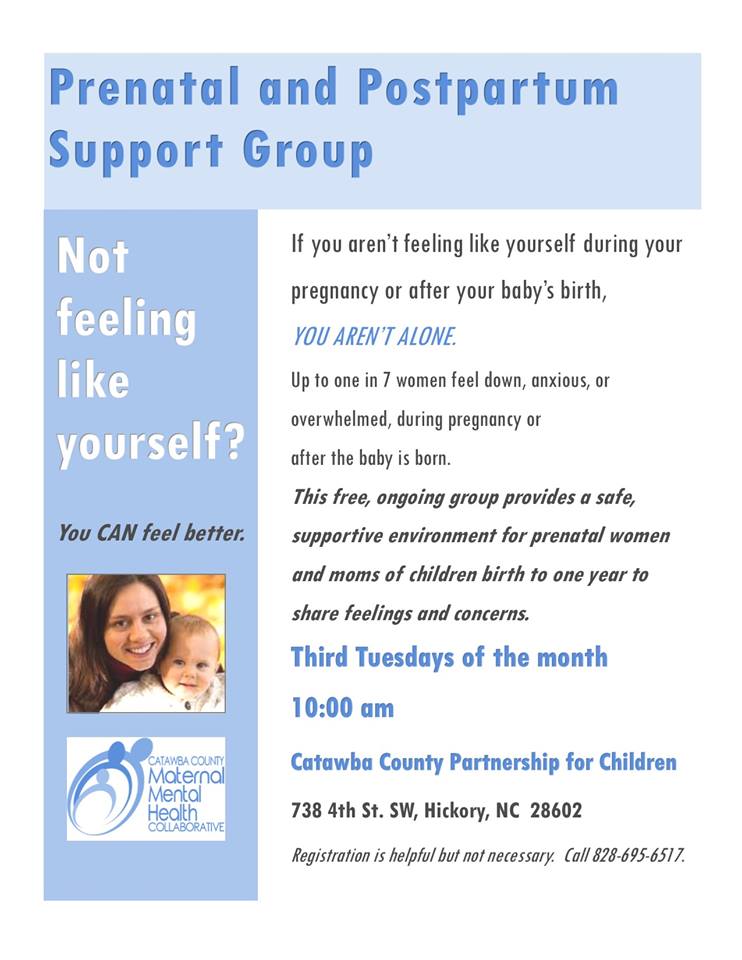It's not always love at first sight when mom and baby meet. For 1 in 5 women, motherhood brings with it maternal mental health disorders like anxiety or depression, with symptoms occurring during the prenatal or postpartum period. Yet only about 15% of these women are treated, according to the Centers for Disease Control. Women may not recognize the symptoms, or may sometimes hide them from their physician. Some think it is only the “baby blues,” but the “baby blues” symptoms of tearfulness, mood swings, and feeling overwhelmed should go away on their own within two weeks after childbirth. If they don't, it may be a perinatal mood disorder, and it's more common among women than breast cancer.
Although the term “Postpartum Depression” is often used, there is actually a spectrum of disorders that can affect mothers during pregnancy and postpartum. These include depression or anxiety in pregnancy, Postpartum Depression, Perinatal Panic Disorder, Perinatal Obsessive-Compulsive Disorder, Postpartum Posttraumatic Stress Disorder, Perinatal Bipolar Disorder, and Postpartum Psychosis. Most women with prenatal or postpartum depression have typical symptoms like feeling sad, crying, having trouble with appetite or sleeping, possible lack of bonding with the baby, feelings of guilt or shame, or losing interest in activities they previously enjoyed. Women with prenatal or postpartum anxiety may have symptoms such as feeling anxious and worried, having racing thoughts, feeling panicky or having trouble sleeping. While feeling depressed or anxious,
some women have repetitive, scary thoughts often focusing on the baby's health or safety. More scary symptoms such as delusions or hallucinations, may occur with the less common disorders like PTSD, bipolar disorder or psychosis.
Good news is that perinatal mood and anxiety disorders are treatable. Women should consult their obstetrician and/or a mental health professional to seek help. To learn more on their own, women can contact Postpartum Support International, which offers comprehensive written information and helpful suggestions for recovery on their website and a chance to chat with an expert for free via the helpline at 1-800-944-4773 or via text at 503-894-9453.
There is now a new support group in Hickory for women experiencing prenatal or postpartum anxiety or depression. The Prenatal and Postpartum Support Group of Hickory currently meets on the third Tuesdays of the month at 10am at the Catawba County Partnership for Children located at 738 4th Street SW in Hickory. There is no fee to attend. Registration is helpful, but not required. Research shows that support groups can decrease depressive symptoms in women.
Untreated depression can cause long-lasting effects on both the mother and the baby, as well as the whole family. Luckily, help is available. For more information about the Hickory support group, local resources, or the Catawba County Maternal Mental Health Collaborative, please call 828-695-6517.


